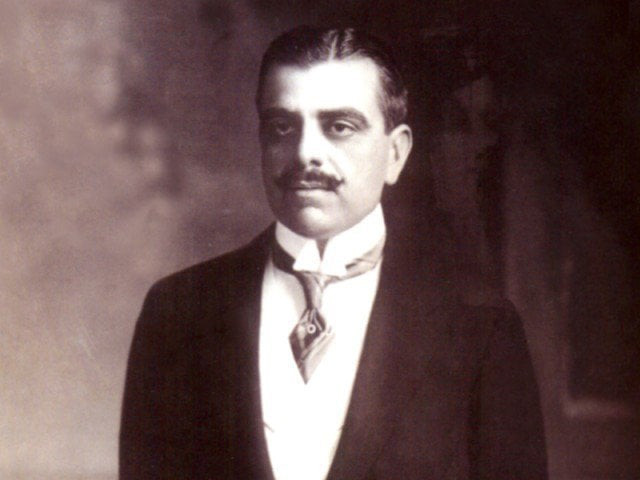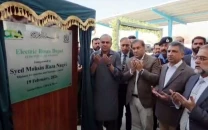138th birth anniversary: Sir Aga Khan III: a visionary Muslim leader
Sir Sultan Mahomed Shah was a tireless advocate for Muslims on the world stage and champion of women’s rights

Sir Aga Khan III.
A tireless advocate for Muslims on the world stage, Aga Khan III was also a champion of women’s rights, education, healthcare and social development. With a modernist view that was nevertheless deeply rooted in the concepts of Islam, he strove to help Muslims build social capital to enable both political rehabilitation and a better quality of life.
“Our social customs, our daily work, our constant efforts must be turned up, must be brought into line with the highest form of possible civilisation. At its greatest period, Islam was at the head of science, was at the head of knowledge, and was in the advanced line of political, philosophical and literary thought.” HRH Sir Aga Khan III had said. Sir Sultan Mahomed Shah himself was highly educated, with sound grounding in both Oriental and European languages and an in-depth knowledge of both Islamic and secular disciplines, including Qu’ranic studies, poetry, mathematics, astronomy and metaphysics. His views on education, elucidated at the Muslim Educational Conference in 1904 in Bombay, still resonate today:
“It would be the greatest of all our misfortunes if we now mistook instruction for education and the mere power of passing examinations for learning.”
This passion for intellectual development, particularly for Muslims in the sub-continent, translated into the campaign to build Aligarh University. After the completion of this university at Aligarh, the Aga Khan III became its first chancellor.

Sir Sultan Mohammed Shah was tireless in his fundraising efforts for the project, which he felt was pivotal for the cultural renaissance and social development of Indian Muslims, a largely disenfranchised segment of the population at large.
Sir Sultan Mahomed Shah was the hereditary leader of the Shia Imami Ismaili Muslims, of who he was the 48th Imam. However, his career as a statesman focused on Muslims as a whole. He, like his contemporary Mumtaz Ali, a Muslim leader, believed that a combination of religious and secular education was essential for the revival of Muslims in India. With the advantage of western education and a familiarisation with key social tools, Muslims would be able to function and compete in the post-colonial environment.
This was not an aggressively western and secular viewpoint – it was deeply influenced by the language and directives of Islam. Sir Sultan Mahomed Shah’s programs for social reform were always grounded, articulated and legitimised within the context of Islam.
His focus on education echoed his own experience; his intellect and education enabled him to become an international diplomat of some renown. His Highness the Aga Khan III was the representative for India in the Disarmament Conference as well as in the League of Nations and in 1937 he was unanimously elected as the Chairman of League of Nations (now United Nations). It was due to his special efforts that the membership of the League of Nations was accorded to Turkey, Iraq, Afghanistan and Egypt. His example shows how a Muslim leader can work within the establishment and exercise the role of statesman.
Sir Sultan Mahomed Shah was also the head of the All India Muslim League and instrumental in the founding of Pakistan.
“At the Round Table Conference, the Muslim leadership was entrusted to His Highness the Aga Khan. He performed his duty remarkably well, and with his suavity of manners and tact, and general attitude of helpfulness kept the Muslim team solidly together-which was an invisible contrast to the many and discordant voices, which spoke from the other camp.” (Makers of Pakistan: Al Biruni, page 207)
A consummate negotiator on the world stage, Sir Sultan Mahomed Shah demonstrated both political nous and a sound grasp of international relations. Moreover, he remained committed to bettering the situation of Muslims across the globe, focusing on education and social development as a means to the alleviation of poverty and marginalisation.
A deeply intellectual man, his writings remain a source of inspiration in a world that seems far removed from that he knew. Education and social capital are as vital for Muslims today as they were 100 years ago.
Published in The Express Tribune, November 2nd, 2015.



















COMMENTS
Comments are moderated and generally will be posted if they are on-topic and not abusive.
For more information, please see our Comments FAQ